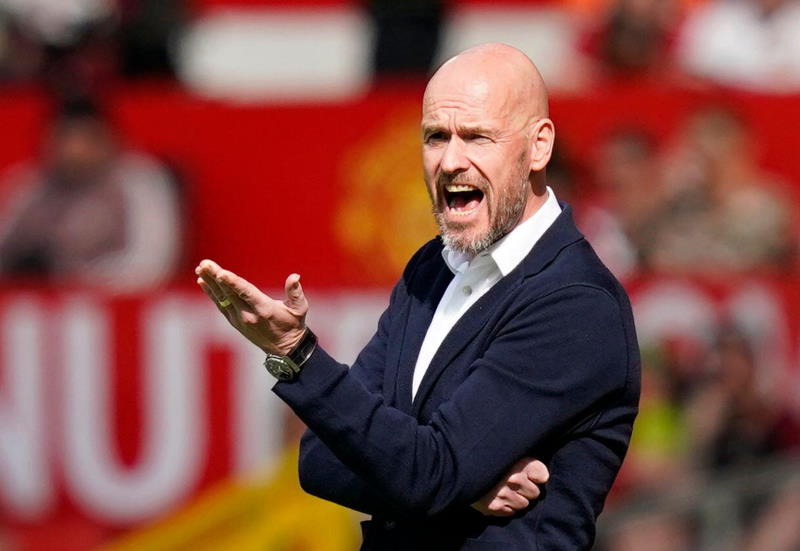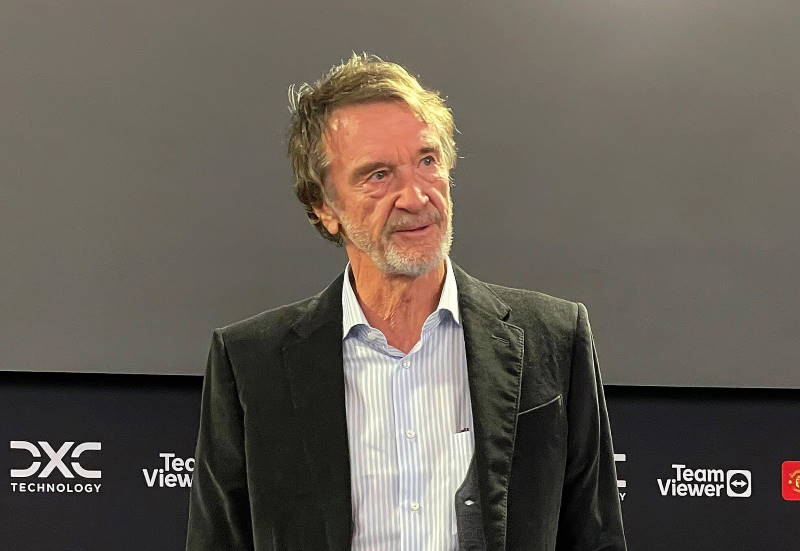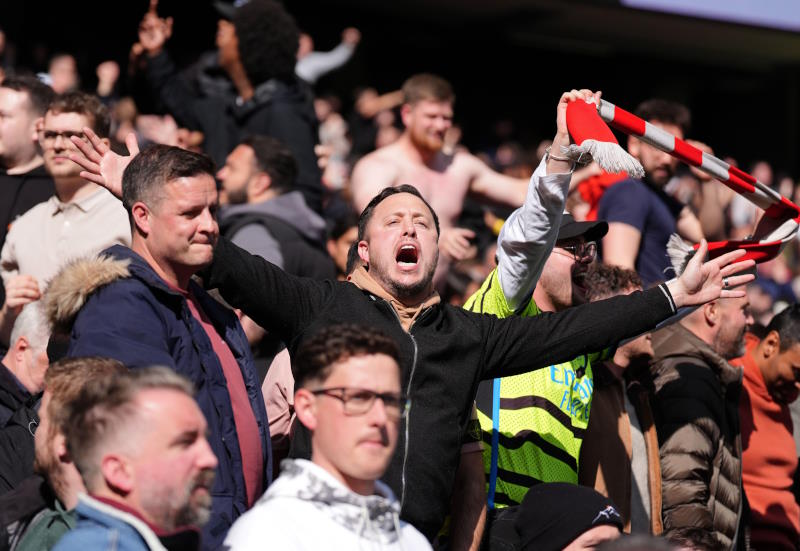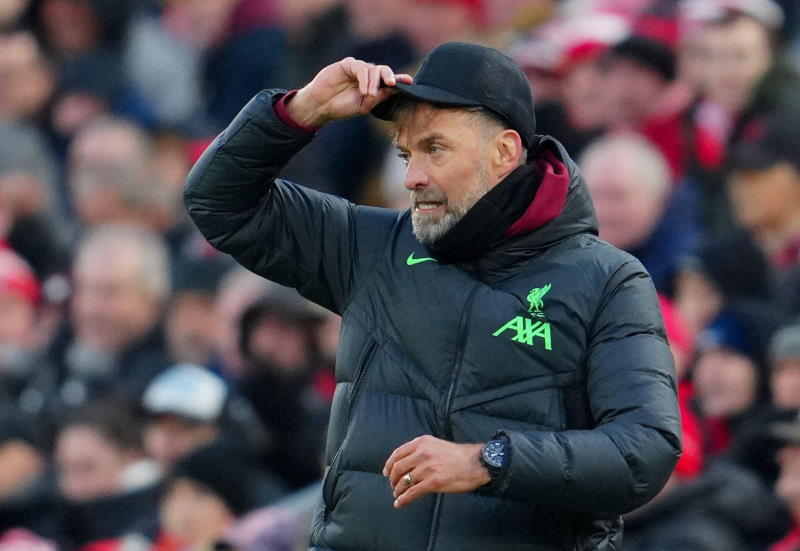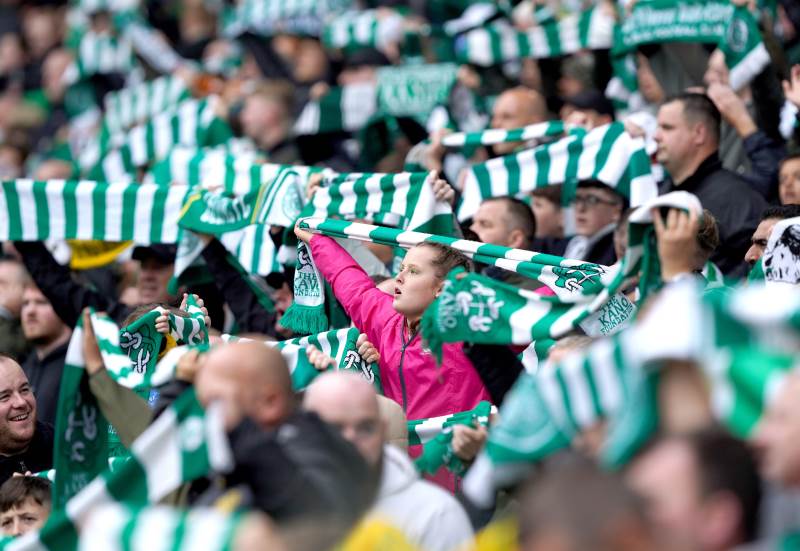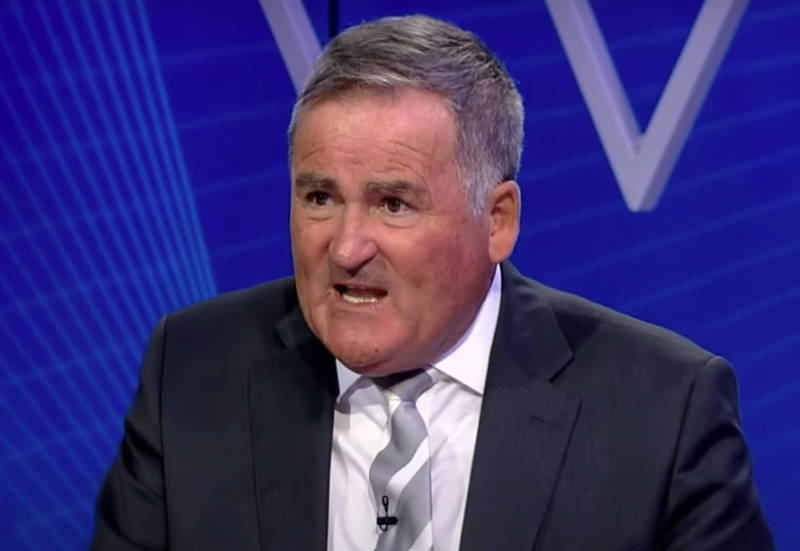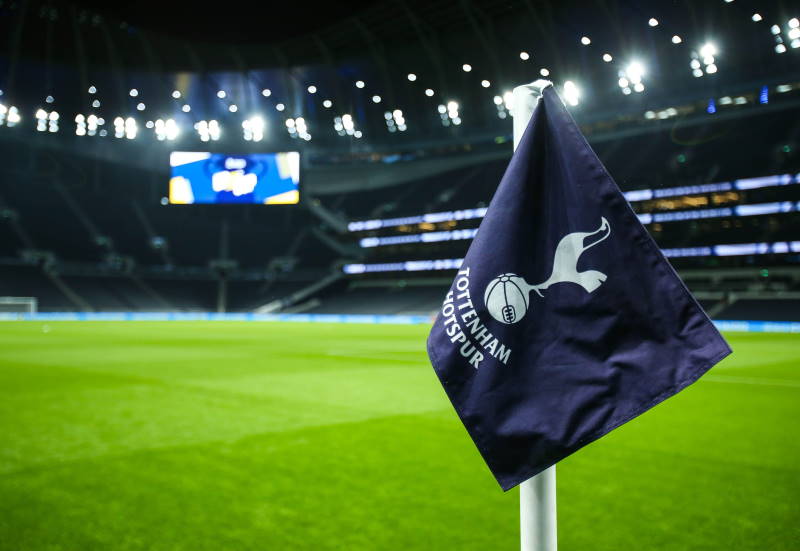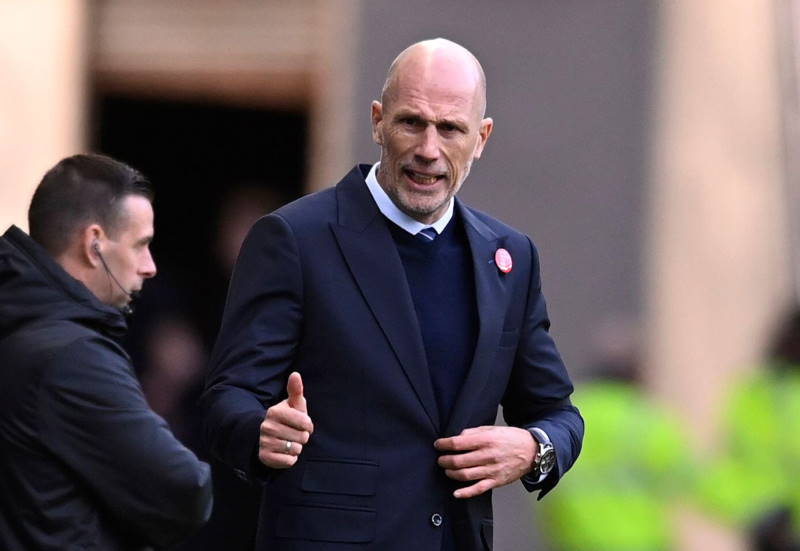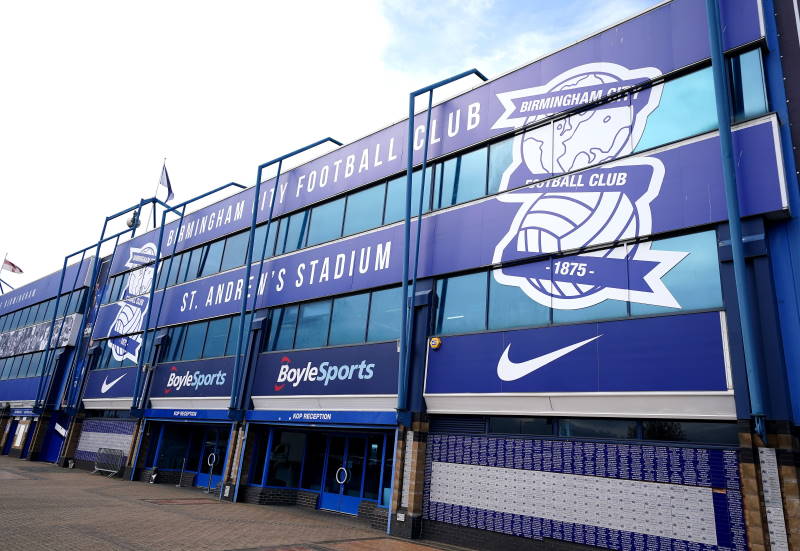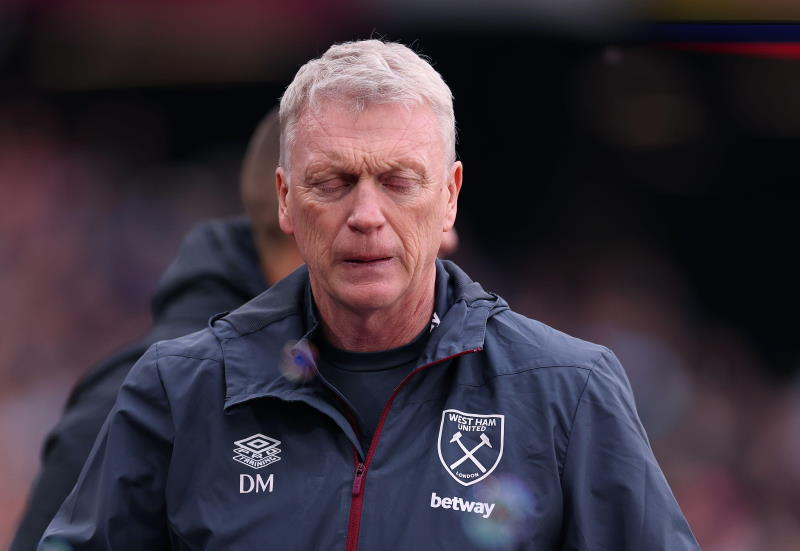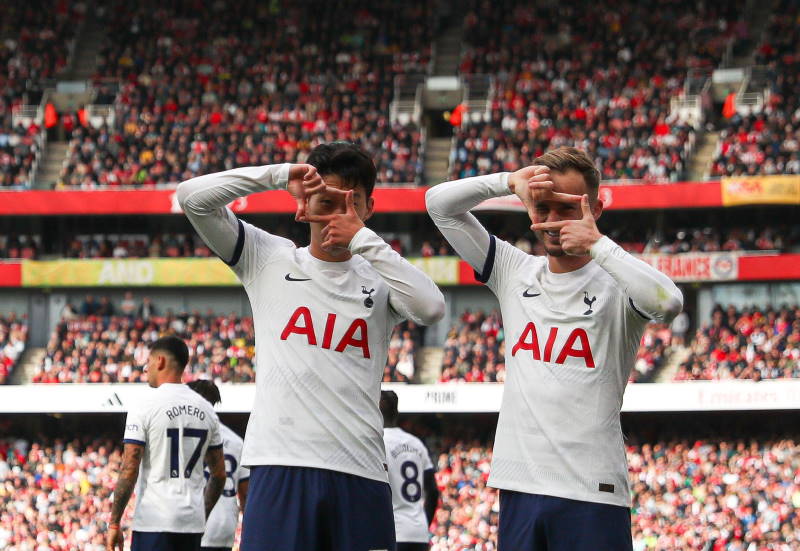
Rainier Plahar
Against the wish of many European managers, the 27th edition of the Biennial African Cup of Nations is ready to be played in Angola. Scheduled to take place from 10th January through to 31st of the same month, Angola 2010 is likely to garner more interest than previous tournaments largely because it is seen as a precursor for the World Cup to be hosted in neighbouring South Africa six months later.
Angola has built four new stadiums for the event and each one of the 16 teams contesting will be hoping to be one of the two teams that participate in the final on 31st January at the 50,000 capacity Estadio 11 de Novembro in Luanda.
Inside Futbol brings to you a preview of all the groups with predictions, potential star players and group by group breakdowns.
Group A – Algeria, Angola, Mali, Malawi
Angola will be hoping recent history repeats itself as every host nation since 1992 has scaled the first round in this competition. To achieve qualification from the group however, coach Jose Manuel knows there is little room for error. This tournament is likely to mark the end of the international careers for some of the current crop like Flavio, and they will be keen to bow out in style.
The goal scoring burden is heavily weighed on the young but capable shoulders of key player Manucho Goncalves. The man who moved from Manchester United to Real Valladollid last summer will be keen to fulfill the massive expectations of the home fans.
Angola are no doubt desperate to do very well in this tournament as the highlight of a golden generation who for the first time in Angolan football history qualified for the last World Cup. The home fans would see anything less than a semi-final place as failure, and whilst perhaps winning the trophy looks to be beyond this team, a semi-final berth and possibly a third place finish is within the capabilities of the Palancas Negras.
Malawi have never won a game in this tournament before, so it is hardly surprising that The Flames are overwhelming underdogs in Group A. Their qualifying campaign however tells a different tale. They placed second behind Egypt in a group also containing DR Congo and Djibouti. Indeed, they managed wins over both Egypt and DR Congo thus finishing three points ahead of the latter. Esau Kanyenda and Russel Mwafulirwa are the best known of a highly unknown group.
Coach Kinnah Phiri will be hoping the tag of underdogs can propel his side to win at least one of their group matches. Three points in this tournament would no doubt be celebrated by Malawian fans.
Algeria come to Angola on a roll currently. They beat eternal rivals Egypt to qualify for the World Cup and they have displayed some good football lately. This seems hardly surprising considering that the last time Algeria qualified for the World Cup, they were coached by the same person as now, Rabah Saadane. This is the veteran's fifth go at the national side and he knows it may well be his last.
Saadane will be relying heavily on VfL Wolfsburg midfielder Karim Ziani, who he builds his team around, to rise to the occasion. Ziani is a solid all round midfielder with great vision and good ball retention skills. Algeria have been poor in this tournament recently, they have even failed to qualify since 2004 and Saadane will be yearning to avoid another failure. The Algerians are rather unpredictable: On their day they can hold their own against any other African side, however it seems the Algerians are already looking beyond this tournament to the World Cup and that could be their undoing. Depending on how motivated they are, Algeria could go all the way or even exit in the first round.
Mali will be looking to have a good tournament to ease the disappointment of failing to qualify for the World Cup. Coached by Nigerian Stephen Keshi, the Malian team has been set a quarter-final target by their football federation (FEMAFOOT). For a nation with such an abundance of individual quality some might argue a quarter-final target is a bit unambitious. However, recent results indicate The Eagles have flattered to deceive once too many. They possess well known European stars like Barcelona's Seydou Keita, Sevilla hit-man Fredi Kanoute and Real Madrid midfielder Mahamaddou Diarra. On paper Mali have a side that can rub shoulders with the continent's giants, but with low morale seeping through the ranks after the disappointing World Cup qualifying campaign Mali look a poor bet to pip Algeria or Angola to a quarter-final place.
Group B – Burkina Faso, Ghana, Ivory Coast, Togo
On paper Burkina Faso look like they are battling Togo for third in this group. Football however is full of surprises. With no player of world repute in their ranks, coach Paulo Duarte, who was recently released from his Ligue 1 side Le Mans, will promote work ethic and team play in his side. For Burkina Faso to make any impact in Angola, lead striker Momouni Dagano, who was African top scorer in the last qualifiers, must have to be on top of his game. The Burkinabes have nothing to lose and this should spur them on to play with all their hearts. A second round place seems beyond them but they will be decisive in who tops the group.
It has been 27 years since the Black Stars of Ghana last won the African Cup and Angola represents the perfect time to end this drought. Ghana will go into this tournament knowing this is the last chance for this ‘golden generation’ to win a trophy. The highlight of this current team is qualification for two successful World Cups. Previously, Ghana had never qualified.
Led by Michael Essien, arguably the most complete midfielder in the world, Ghana will be aiming to win the trophy for the fifth time. Coach Milovan Rajevac has indicated his seriousness by excluding the talented but disruptive Inter midfielder Sulley Muntari from the final list of players to make Angola. With a team built on an excellent midfield marshaled by Essien and the supremely talented Anthony Annan, Ghana will most likely be amongst the final four teams in Angola. Ultimately though, a wasteful attack and unpredictable defence will prove costly.
The Elephants of the Ivory Coast enter Angola as one of the top favourites for the trophy, and it’s easy to see why. The team is a fusion of skill and strength featuring some of the best players on the continent. The Ivory Coast, alongside Egypt, possess easily Africa’s most complete team at the moment. Kolo Toure and his brother Yaya, Salomon Kalou and for many people the best striker in the world Didier Drogba all play top flight European football. Coach Vahid Halihodzic since his appointment in 2008 has worked to make the teams play more purposeful and less flashy.
Ivory Coast will hope for a championship win but will be cautious seeing how the two previous tournaments ended. Didier Drogba has confirmed this is his last Nations Cup, and most fans know it could be a long time before they get a team as good as this one again. Anything short of a final place will cause much disappointment for Ivorians, with tough World Cup games awaiting in June, The Elephants will look to build momentum with a solid performance. This might just be their year.
Togo* complete the quartet of West African sides in Group B. The Hawks have failed to live to the standards of 2006 when they qualified for their only ever World Cup. Their most experienced player is easily Manchester City forward Emmanuel Adebayor. The fans no doubt know the enormity of the task awaiting The Hawks and will not expect too much of coach Hubert Velud and his charges. The Togolese must be looking to provide stern competition for Ghana and the Ivory Coast, but are unlikely to make it out of the group.
* After suffering a terrorist attack as they entered Angola, the Togo national team chose not to play in the tournament. A series of discussions after also resulted in the CAF ruling them out of further participation.
Group C – Benin, Egypt, Nigeria, Mozambique
Benin will be hoping to kick-start their tournament with a good win against Mozambique and gain momentum as their subsequent games are against giants Egypt and Nigeria. Nigerian-born Razak Omotoyossi remains Benin’s most notable and experienced performer. Omotoyossi is a powerful and accurate striker who topped Africa’s Nations Cup/World Cup qualifiers alongside Samuel Eto’o. Coached by Frenchman Michael Dussuyer, The Squirrels know they face an unnerving battle to make the second round.
Egypt are still smarting from the World Cup qualification loss to fierce rivals Algeria. Having won the two previous editions of the Nations Cup, failure to qualify for the World Cup was particularly painful. With a record six titles, The Pharaohs are hoping for a seventh to give the country some consolation for the World Cup failure.
Success in recent times is largely due to Hassan Shehata, the legendary coach whose strict ways and tactical genius has resulted in a largely successful spell with the national side. Midfield supremo Mohammed Aboutreka, who will miss the games due to injury will be sorely missed, this puts much of the playmaking burden on Borussia Dortmund player Mohamed Zidan. A man who may revel in the increased responsibility. Egypt have the players, discipline and talent to win a third consecutive title. However, the injury to Aboutreka coupled with the disappointment of World Cup failure may mean this side is mentally jaded compared to previous ones. A tough semi-final loss seems likely.
The Super Eagles (Nigeria) have been in freefall since the sky soaring days of 1994. Fortune played a great part in their qualification for the World Cup this time around: They only managed to qualify after the last game due to results in another game. The last time Nigeria made it to the final of this event was 10 years ago when they co-hosted with Ghana and they will be itching to go one step further in Angola.
Chelsea’s Mikel Obi is the midfield cog of the current generation of Nigerian football however, goal threats are spread all over the pitch with Taye Taiwo, Yakubu Aiyegbeni and Peter Odemwingie all capable of doing damage to the opposition. First place in their group will be of paramount importance as that means they will avoid the most talented sides until the semi-final. Nigeria have always been a strong team but they are likely to have their wings clipped against one of the West or North African giants.
This is only the fourth finals for Mozambique in their history. Led by captain Manuel ‘Tico Tico’ Bucuane, Mozambique will try to hold their own against Egypt and Nigeria in their group matches. It is highly unlikely they will manage to qualify, but a third place finish ahead of Benin will be deemed satisfactory enough. Coach Mart Nooijk will be seeking to inspire his squad to the level of performance that saw them beat and eliminate Tunisia from the World Cup qualifying rounds.
Group D – Cameroon, Gabon, Tunisia, Zambia
The Indomitable Lions’ (Cameroon) four Nations Cup wins give them the second highest haul of trophies with Ghana, their last win coming in 2002, and captain Rigobert Song will be making a record eighth appearance in this event. However a reluctance to let go of ageing stars like Song is what could ultimately be Cameroon's undoing as was evidenced in the final game of the last competition against Egypt when Song was outplayed by Zidan who layed on a pass for Aboutreka to score the winning goal.
On the positive side, Cameroon possess the safest pair of hands on the continent in Carlos Kameni, and Samuel Eto’o is a player who needs no introduction. Cameroon’s hopes in Angola rest heavily on his experienced shoulders, Eto’o has been the top scorer for the past two events and coach Paul Le Guen will be strongly hoping the Inter forward bangs in the goals this time around too. Cameroon will be very hard to beat, and anything short of a semi-final berth is failure for this side.
Gabon come into the tournament looking to ride on the back of a remarkable qualifying campaign that almost saw them surprisingly make the World Cup. The Azingo Nationale as they are known are keen to better their Nations Cup record of a single win in seven finals games.
French coach Alain Giresse is the man credited for the outstanding transformation of fortune in this Gabonese side, and fans whose appetite has been whetted by the admirable qualification run will not expect their team to be pushovers for anyone. Hull City’s Daniel Cousin and the talented Pierre Aubamayeng are the men expected to be key in Gabon’s challenge. If they get their mentality right, Gabon are perfectly capable of pulling a surprise and reaching the knockout stage.
The Carthage Eagles of Tunisia, like their Egyptian neighbours, are still reeling from failure to qualify for the World Cup, and Tunisian fans will expect their team to reclaim the trophy they last won on home soil in 2004. The Tunisians love to play a high tempo, quick game that could see them overwhelm opponents in the early stages of a game. They are coached by Faouzi Benzarti with forwards Issam Jemaa and Amine Chermiti as the potential standout players. Tunisia are aiming to win the cup, but that is highly doubtful considering their performances in recent years. A quarter-final exit looks likely to compound a miserable period in Tunisian football.
Zambia are one of the teams who are viewed as just making up the numbers in Angola. They have twice come close to winning this trophy in 1964 and 1974 but failed to do so on both occasions. Captain Chris Katongo is their best player and much responsibility falls on him if the Copper Bullets are to make any sort of impact in Angola. Even the most die-hard fan would not expect them to make it from their group. Coach Renard Herve will aim to beat Gabon and hope for the best against Tunisia and Cameroon.
With all eyes on Africa this year due to the World Cup, African teams will be keen to acquit themselves well in Angola. The draw has cooked up some potentially thrilling games like Ivory Coast – Ghana (15th January), Egypt – Nigeria (12th January) and Cameroon – Tunisia (21st January).
The World Cup qualifiers will no doubt use Angola to build a winning momentum that they will then hope to carry to South Africa. Expect all the top teams, Ivory Coast, Ghana, Egypt, Nigeria, and Cameroon to easily make the knockout stage alongside hosts Angola. Anyone of them could go on to win the trophy depending on form and luck, however it is the Ivory Coast that will take some stopping and seem a good bet to finally get their hands on the trophy this year.
Related Articles:
- – Africa Looking Forward to Angolan Nations Cup
- – Looking Back On Decade of Ballon d'Or Winners
- – Africa With Sense of Deja Vu After World Cup Draw
Photo Courtesy: OkiBoi

